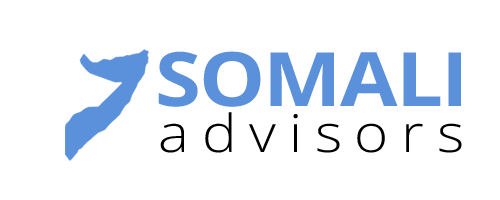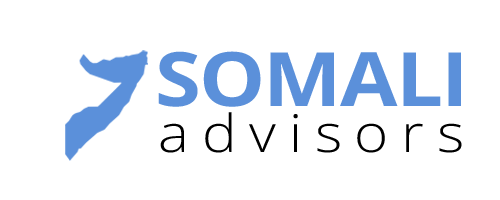Navigating the Legal Landscape for Somali Businesses
Navigating the Legal Landscape for Somali Businesses
Somalia’s business environment has undergone significant transformation in recent years, presenting both opportunities and challenges for entrepreneurs and established companies. Understanding the legal framework is crucial for anyone looking to establish or expand their business operations in Somalia. This comprehensive guide explores key aspects of Somalia’s business law landscape and provides practical insights for navigation.
Understanding Somalia’s Legal System
Somalia operates under a mixed legal system that combines civil law, Islamic law (Sharia), and customary law (Xeer). This unique combination creates a complex framework that businesses must understand to operate effectively. The federal government has been working to modernize and streamline business regulations, particularly through the Ministry of Commerce and Industry.
Key Legal Structures for Businesses
When establishing a business in Somalia, entrepreneurs can choose from several legal structures:
- Sole Proprietorship (Individual Enterprise) These are the simplest form of business organization and are particularly popular among small business owners. The owner maintains complete control but also bears all liability for the business’s obligations.
- Limited Liability Company (LLC) LLCs offer protection of personal assets while providing flexibility in management and taxation. They require a minimum of two shareholders and must maintain proper documentation of ownership and financial records.
- Joint Stock Company This structure is suitable for larger enterprises and requires a minimum of three shareholders. It provides the ability to raise capital through stock issuance and offers strong liability protection.
Registration and Licensing Requirements
The business registration process has been significantly streamlined in recent years, though it still requires careful attention to detail. The primary steps include:
- Name Registration and Clearance Businesses must first verify and register their chosen name with the Ministry of Commerce and Industry. This process helps prevent duplicate names and trademark issues.
- Company Registration Submit required documentation to the Ministry, including:
- Completed registration forms
- Proof of identity for all shareholders
- Articles of incorporation
- Initial capital verification
- Business plan or description of activities
- Tax Registration Register with the Ministry of Finance for tax purposes and obtain a Tax Identification Number (TIN).
- Industry-Specific Licenses Depending on your business activity, additional licenses may be required from relevant ministries or regulatory bodies.
Taxation and Financial Regulations
Somalia’s tax system continues to evolve as the government works to increase revenue collection and formalize the economy. Key tax considerations include:
Corporate Income Tax
The standard corporate income tax rate is 35% of taxable income. However, certain sectors and regions may qualify for tax incentives or different rates. Small businesses may be eligible for simplified tax schemes.
Sales Tax
A sales tax of 5% applies to most goods and services, though essential items may be exempt. Businesses are responsible for collecting and remitting this tax to the authorities.
Import/Export Duties
Businesses engaged in international trade must comply with customs regulations and pay applicable duties. The rates vary depending on the type of goods and their origin.
Employment Law Compliance
Understanding and following employment laws is crucial for business success and avoiding legal complications:
Employment Contracts
Written employment contracts are mandatory and must specify:
- Job description and responsibilities
- Working hours and leave entitlements
- Compensation and benefits
- Term of employment
- Termination conditions
Worker Rights and Benefits
Employers must provide:
- Safe working conditions
- Regular wage payments
- Social security contributions
- Annual leave and sick leave
- Maternity leave for female employees
Intellectual Property Protection
While intellectual property protection in Somalia is still developing, businesses should take steps to protect their intellectual assets:
- Trademark Registration Register trademarks with the Ministry of Commerce to protect brand names and logos. International registration through WIPO may provide additional protection.
- Copyright Protection Original works are protected under copyright law, though enforcement mechanisms are still evolving.
Dispute Resolution
Business disputes in Somalia can be resolved through several channels:
Commercial Courts
The formal court system handles business disputes, though proceedings can be lengthy. Courts are increasingly developing expertise in commercial matters.
Alternative Dispute Resolution
Mediation and arbitration are becoming more popular as efficient alternatives to court proceedings. Many business contracts now include arbitration clauses.
Traditional Dispute Resolution
Xeer (customary law) remains influential, particularly in rural areas and for disputes involving local communities.
Best Practices for Legal Compliance
To maintain good legal standing and minimize risks, businesses should:
- Maintain Accurate Records Keep detailed financial records, corporate documents, and compliance-related paperwork. This includes board meeting minutes, shareholder agreements, and annual reports.
- Regular Compliance Reviews Conduct periodic reviews of legal obligations and ensure all permits and licenses are current.
- Seek Professional Advice Engage qualified legal counsel and accountants familiar with Somali business law for complex matters.
- Stay Informed Monitor changes in regulations and business laws that may affect your operations.
Future Developments
Somalia’s legal framework for businesses continues to evolve. Recent initiatives focus on:
- Simplifying business registration processes
- Strengthening intellectual property protection
- Improving contract enforcement mechanisms
- Developing electronic payment systems and financial regulations
Conclusion
Successfully navigating Somalia’s business legal landscape requires understanding its unique characteristics and staying compliant with various regulations. While challenges exist, the government’s commitment to improving the business environment and ongoing reforms create opportunities for well-prepared entrepreneurs and companies.
For businesses looking to establish or expand operations in Somalia, taking a methodical approach to legal compliance while staying flexible enough to adapt to changes will be key to success. Working with experienced local advisors and maintaining good relationships with relevant authorities can help ensure smooth business operations within the legal framework.









